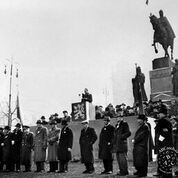
Forced and violent reorganisation of government that directly led to the communist dictatorship, control of the press and of public life. The founding event of the entire undemocratic regime of 1948–1989.
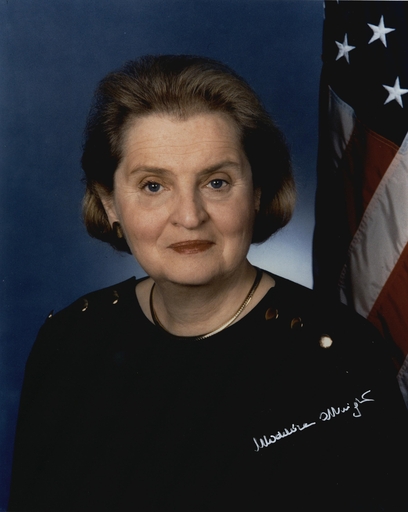
Former United States Secretary of State, of Czech-Jewish descent. She contributed to the expansion of NATO into the countries of the former Eastern Bloc.
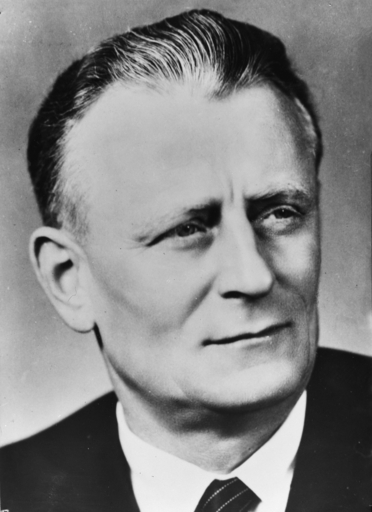
The third president of communist Czechoslovakia, in office from 1957 until 1968. He based his political career on connections with Moscow.
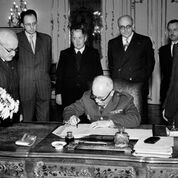
Exceptional legal provisions and norms from 1940–1945. All the decrees were authorised and signed by President Edvard Beneš and served as provisions for ensuring the continuity of the rule of law during the war years and the post-war social crisis. They were a legal reaction to collaboration.
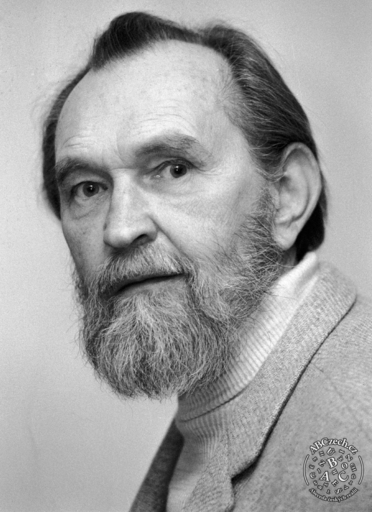
Poet, prose writer, dramatist, philosopher and an influential figure of Czech underground. His verses were set to music by the band Plastic People of the Universe.
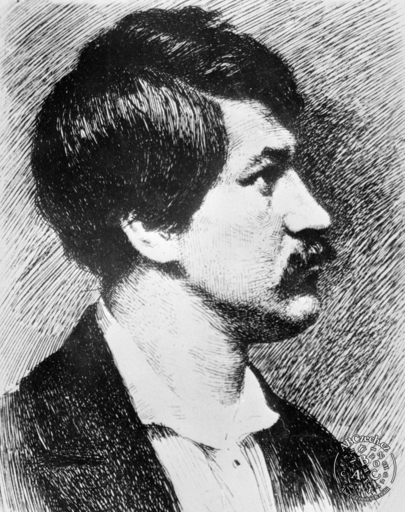
Poet, journalist, politician and author or epigrams, founder of Czech journalism and literary criticism. He was highly respected by his contemporaries. His work is not extensive, but still important in spite of its apparent one-sidedness.
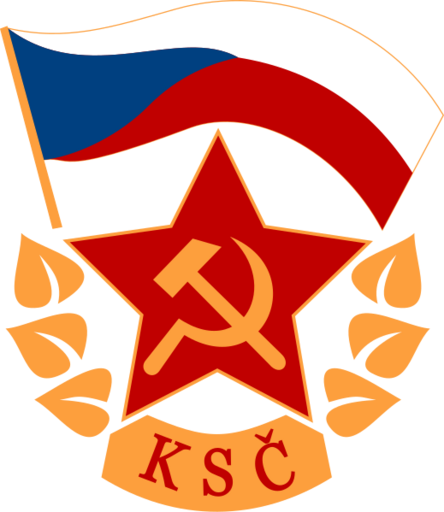
The ruling party in Czechoslovakia from 1948 to 1989. It represented local totalitarian authority.
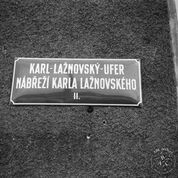
Activities of Czech citizens that directly supported the ideology of the Third Reich. Official expressions of a certain part of the Czech media and political representation providing the German war effort the appearance of the legitimacy and local support.
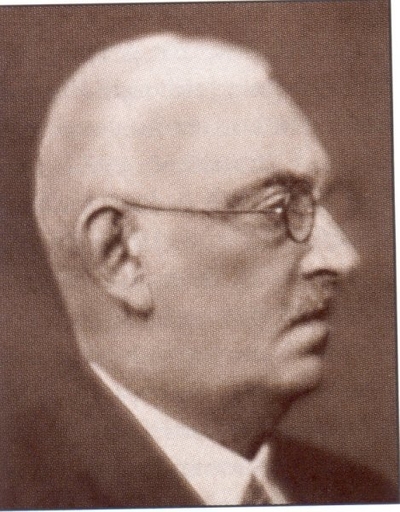
Austrian-Hungarian and later Czechoslovak lawyer and social-democratic politician, deputy in the National Assembly of the Czechoslovak Republic, minister in several governments of the First Republic. Advocate of German-Czech cooperation in Czechoslovakia. He was interned in Theresienstadt because of his Jewish background.
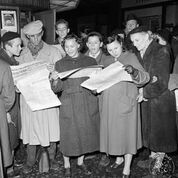
A way of coping with the repressive past of Czech Stalinism, political processes, cult of personality and radical sovietisation. A set of legal interventions and social processes with which the Czechoslovak public adopted humanistic socialism from 1956.
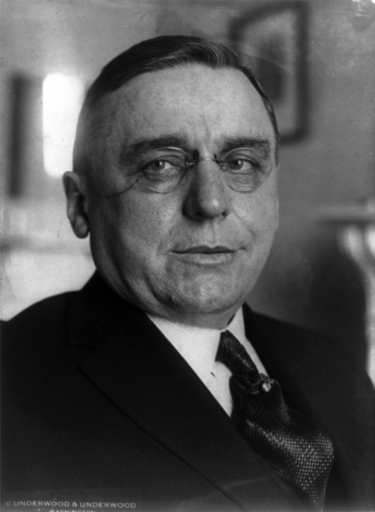
American businessman and politician of Czech descent, a mayor of Chicago, died after president Roosevelt’s attempted assassination.
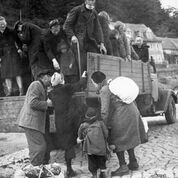
Ethnically and nationally motivated forced departure of the German population after 1945. One of the most significant politically motivated displacements of an ethnic group in post-war Europe. A controversial attempt at ensuring national uniformity of Czechoslovakia.
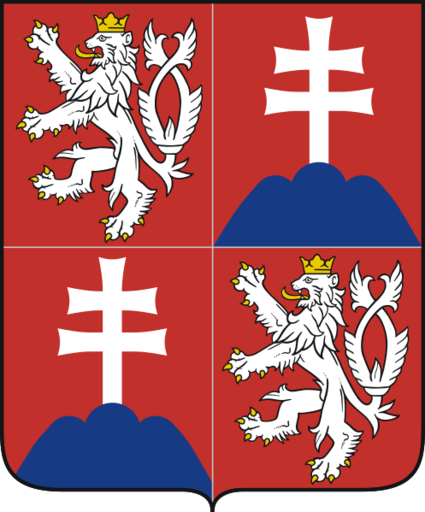
The social process of disintegration of the Czechoslovak state between 1990 and 1992. It led to the creation of the independent Czech Republic and to a new form of liberal Czech statehood. The dissolution of Czechoslovakia is the most significant change in state formation since 1945.
As an artificial state created as a result of the Treaty of Versailles (1918), former Czechoslovakia repeatedly faced problems of national instability. In spite of the officially proclaimed brotherhood of Czechs and Slovaks, the fact could not be hidden that the economic structure and most of all the religious and cultural identities of the two nations were based on different assumptions, due which the political project of the so-called Czechoslovakism suffered from systematic crises almost the entire 20th century. The largest crisis was the declaration of independent Slovak state in 1939. Even after the restoration of Czechoslovakia in 1945, the national question had not been solved. The law on the federalisation of state came into force as late as 1 January 1969 and was intended to satisfy the need for greater political and cultural autonomy of Slovaks. Although a Slovak, Gustáv Husák, became president in 1975, the problem of Prague-centric organisation, i.e. the centralisation of public offices in the capital city, remained unsolved.
Soon after the Velvet Revolution in 1989, the question of the cohabitation of the two nations was raised. The crisis and the dissolution of Czechoslovakia was preceded by the so-called Hyphen War, in which the stumbling block was the question whether the name of the state Czechoslovakia should have a hyphen as a symbol of Slovak autonomy. In April 1990, the name Czech and Slovak Federative Republic was approved as the official name of the post-communist state organisation. In 1992, the Ministry of International Relations was formed to solve the disputes, but in spite of this, most of the newly-founded Slovak political parties were in favour of the dissolution of the state and the formation of independent Slovakia. The option of establishing a confederation proved to be problematic and the Czech ruling party ODS had the pragmatic goal of peaceful dissolution. Czech Prime Minister Václav Klaus and Slovak Prime Minister Vladimír Mečiar met on 8 July 1992 in the Tugendhat Villa in Brno, where they decided to dissolve the state. The independent Czech Republic was founded on 1 January 1993. The dissolution of Czechoslovakia happened without any armed conflicts, although it is still regarded as controversial because no referendum was ever organised.
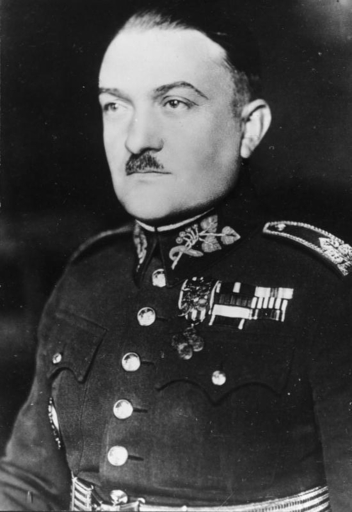
Czechoslovak general, participant of anti-Austrian and anti-Nazi resistance, president of the government of the Protectorate of Bohemia and Moravia. He was executed by the Nazis for his collaboration with the Czechoslovak resistance.
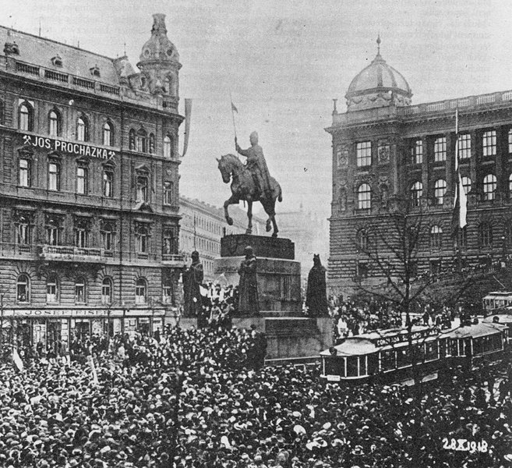
Czech and Slovak people’s attempt at gaining independence during the First World War. The resistance consisted of diplomatic and military actions that led to the formation of independent Czechoslovak republic.
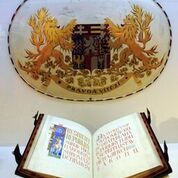
Popular term for the state of Czechoslovakia and its political organisation from 1918 until 1938. The first independent state in the form of a parliamentary republic on whose territory Czechs were a sovereign ethnic group.
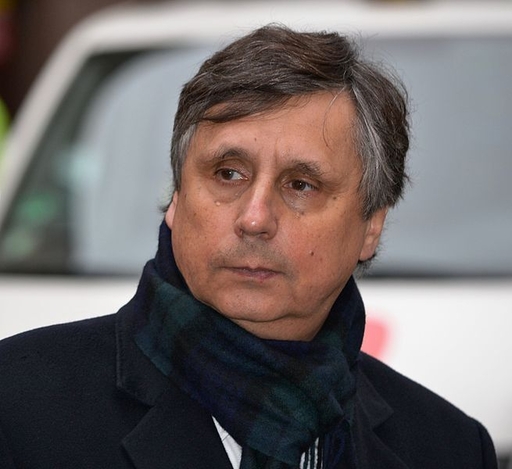
Prime Minister from April 2009 until July 2010 and a candidate for President of the Czech Republic in 2013.
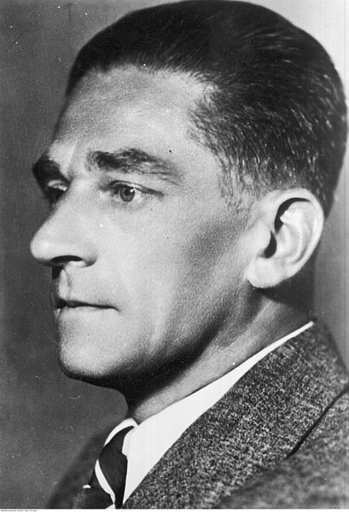
An SS general, one of the leading representatives of the occupation regime in Bohemia and Moravia, closely connected with the so-called Heydrich terror.
2016-2020 ABCzech.cz - © Filozofická fakulta Univerzity Karlovy
Content from this website may be used without permission only for personal and non-commercial purposes and with the source cited. Any other use is allowed only with the authors' consent.
This web application Sonic.cgi meets GDPR requirements. Current information can be found here.